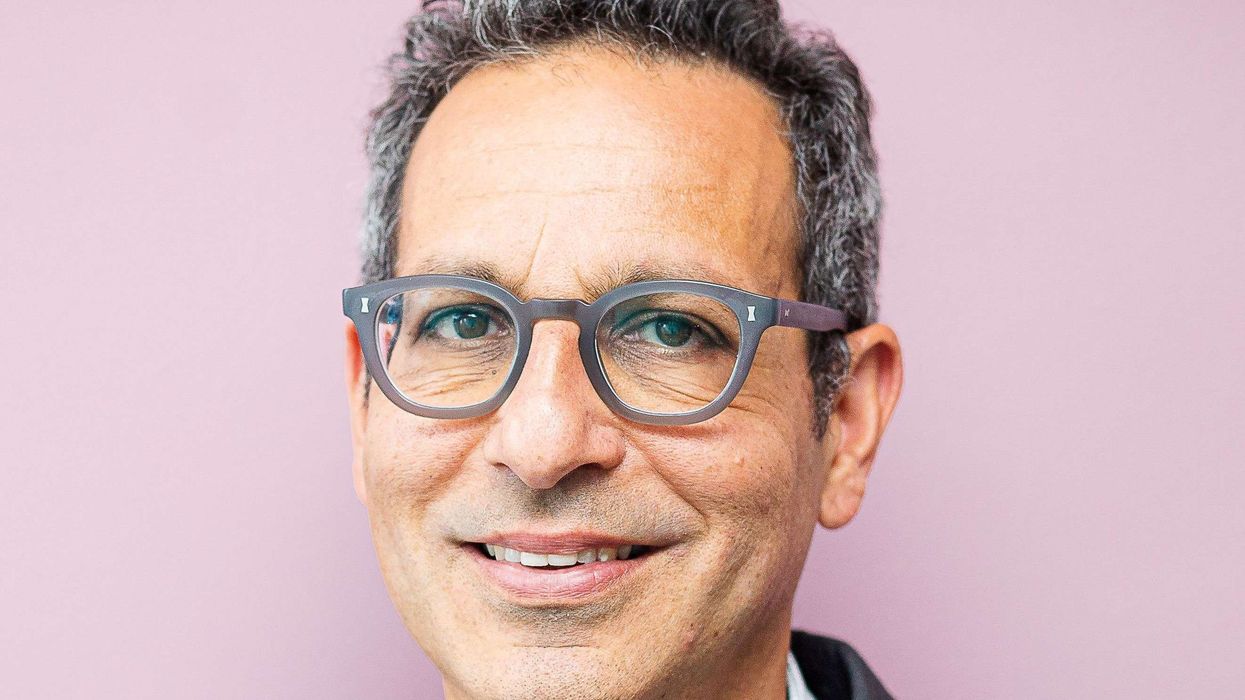Indian Finance Minister Nirmala Sitharaman on Saturday (Feb 1) presented a record 160- minute Union Budget for 2020-21, aimed to "boost citizens income and enhance their purchasing power". The budget reduced taxes for individuals. However, it widened budget deficit targets for the current and next fiscal years to help boost a slowing economy.
The finance minister proposed new slabs and reduced tax rates under them for an individual income of up to Rs 1.5 million per annum, if a taxpayer opts for foregoing exemptions and deductions.
She also proposed to remove dividend distribution tax on companies, and henceforth the tax will be shifted to recipients at the applicable rate.
Finance Minister has introduced a new Income-Tax (IT) Scheme. It is optional and without exemptions such as 80C, HRA, home loan, medical insurance, standard deductions.
Experts say that while tax rates have been lowered, the actual benefit will depend on the exemptions forgone.
According to the Indian Finance Minister, budget was based around three main themes: an “aspirational India, economic development for all and a caring society.”
“Budget can increase confidence among citizens through job creation especially in the sectors of housing, automobiles & logistics,” said Kamal Bali, Co-Chairman, CII National Committee.
"Amidst global turbulence and nations dealing with bushfires & corona virus, FM Sitharaman has looked to craft a granular long term strategy to focus on vital issues. The nation was requesting kuch ‘caro na’ to her, however she had little room to manoeuvre!," tweeted Harsh Goenka, Chairman - RPG Enterprises.
The Indian stock market was not happy about the budget proposals. The BSE Sensex closed below 40,000 mark, down 987.96 points. The Nifty50 plunged 300.20 point to 11,661.90.
India Budget 2020: Highlights
New tax slabs proposed with an option to choose between the old and the new one
Over 70 deductions have been removed
Budget abolishes Dividend Distribution Tax (DDT).
Aadhaar-based verification for GST compliance to be introduced.
Aadhar-based quick issuance of PAN announced.
Smart meters with the freedom to choose the supplier will be introduced in the electricity sector
Budget proposes building Data Center Parks
Government to sell part of its stake in LIC via public offering
Bank deposit insurance cover increased to 0.5 million
Proposes to double farmers income by 2022
Provide two million farmers to set up standalone solar pumps. Help another 15 lakh farmers to solarise their power grid.
Indian Railways to have refrigerated coaches capability in ‘kissan trains’ to carry perishables and milk.
Proposal to set up hospitals in Tier-II and Tier-III cities with the private sector using PPP.
Urban local bodies to provide internship to young engineers for a year.
IND SAT exam for students of Asia and Africa to promote “study in India” programme.
National Logistics Policy to be released soon.
Chennai-Bengaluru Expressway to be started.
Plan to have a large solar power capacity for Indian Railways.
100 more airports will be developed by 2024 to support UDAN.
Budget announces to facilitate doubling of milk production






 Mark Easton
Mark Easton And , Sue Baker OBE
And , Sue Baker OBE






